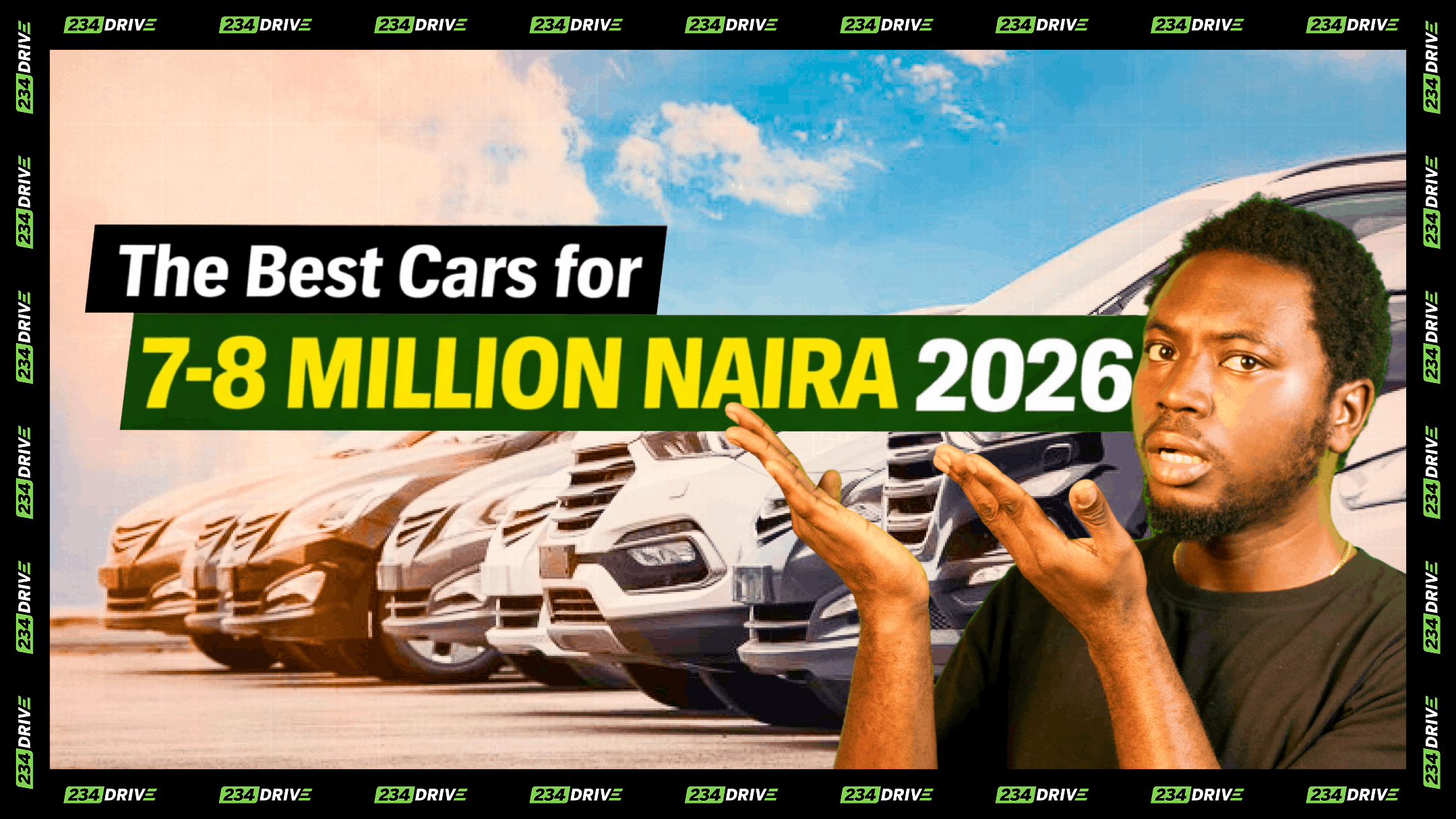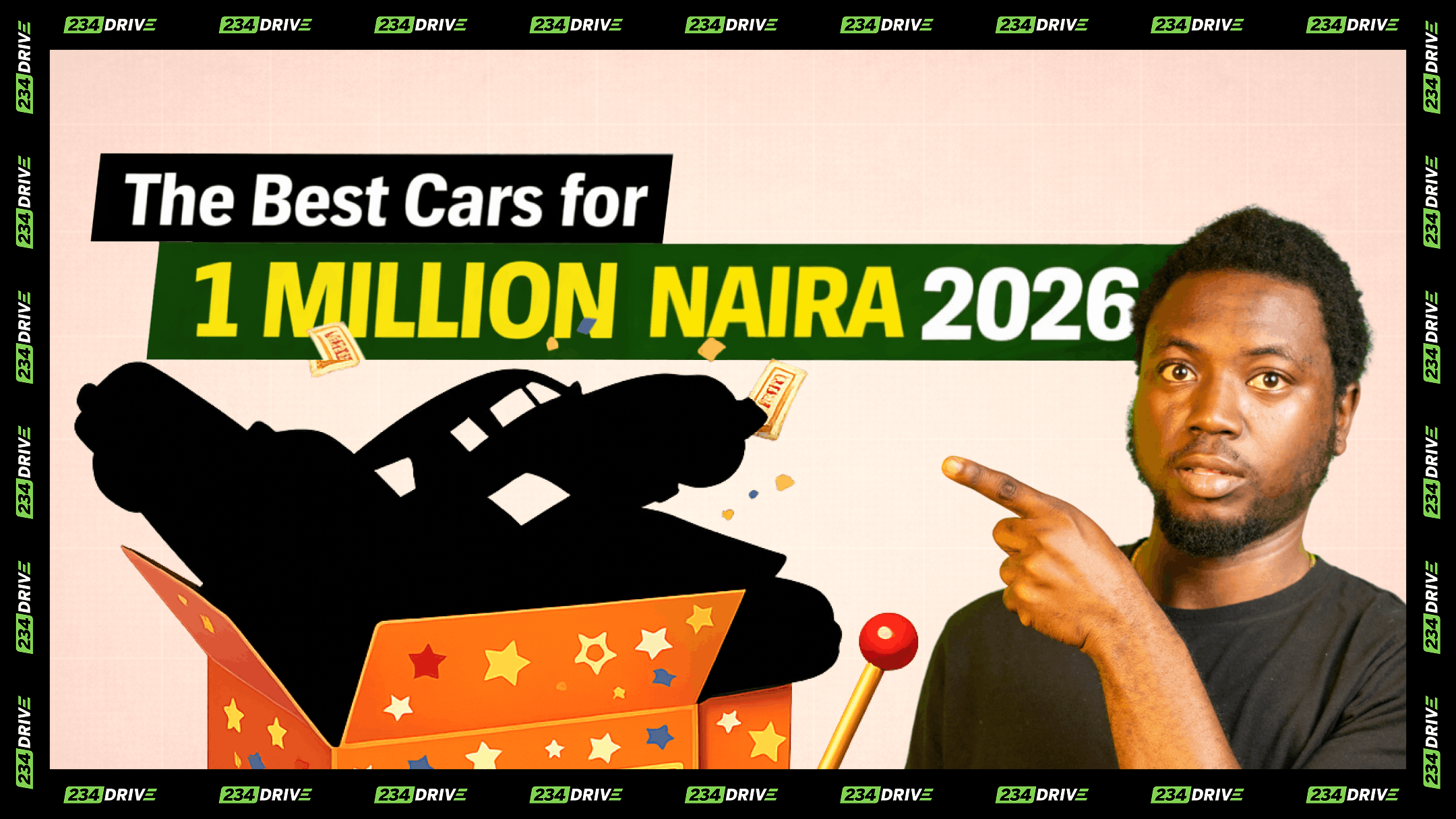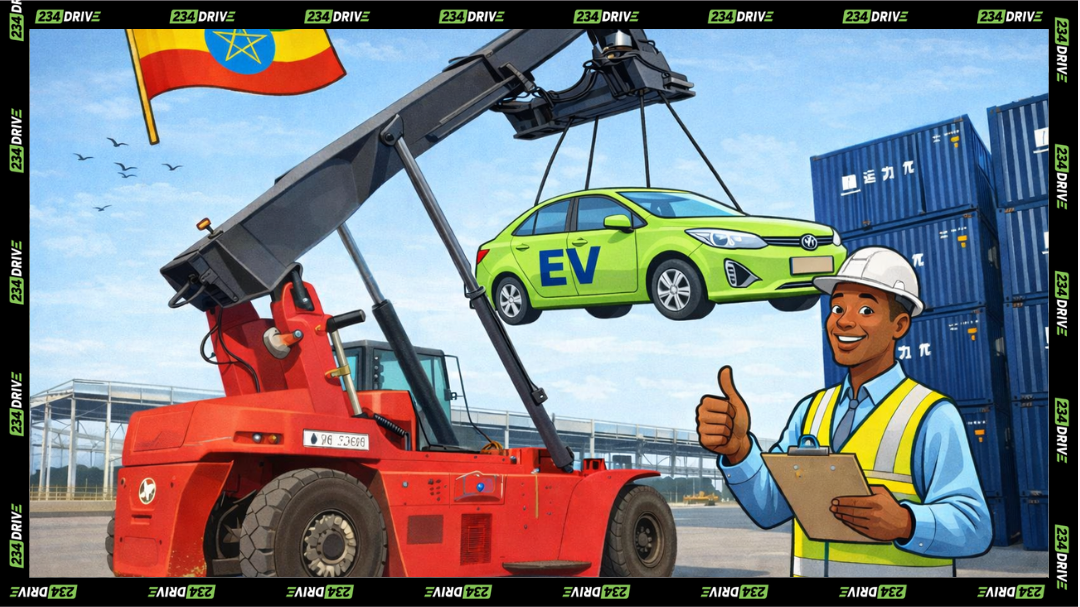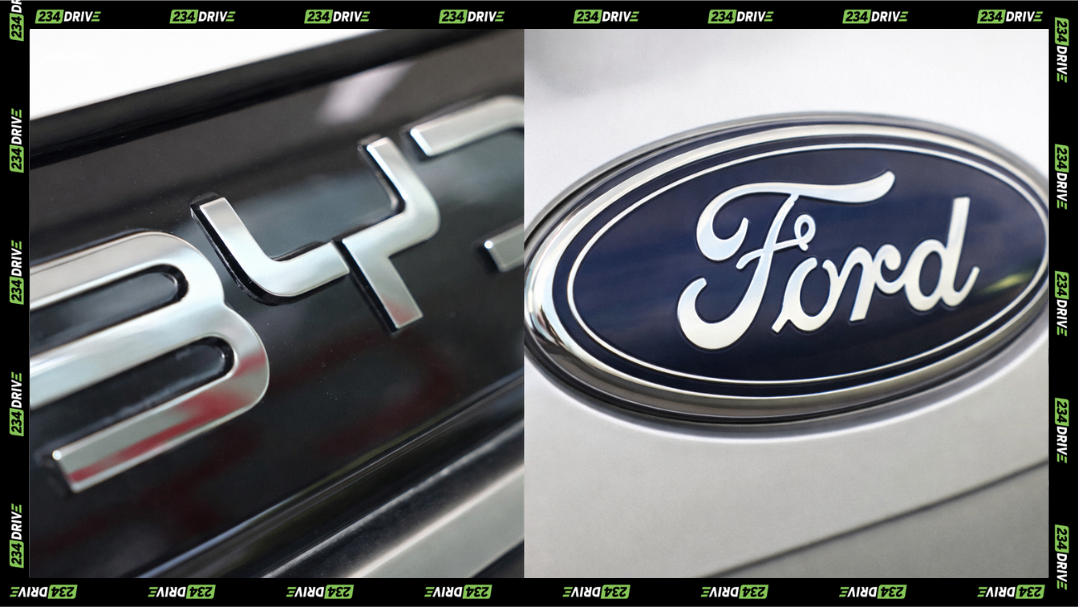Toyota SUVs have long defined reliability and prestige on Nigerian roads. From the compact RAV4 to the luxury Land Cruiser, the brand maintains a dominant market share thanks to vehicles that can handle everything from city traffic to rough rural terrains. As of 2025, the demand for Toyota SUVs remains strong despite currency fluctuations, high import duties, and shifting fuel prices. These models continue to appeal to both private buyers and government fleets for their low maintenance, high resale value, and proven endurance.
The Nigerian market reflects Toyota’s balance between affordability and performance. Older models such as the RAV4 (2008–2012) attract budget-conscious buyers, while premium choices like the Prado and Land Cruiser command top-tier status. Whether sourced from authorised dealerships like Elizade and RT Briscoe or imported as Tokunbo units, Toyota SUVs embody a blend of comfort, power, and practicality that suits Nigeria’s driving realities.
Toyota RAV4
The Toyota RAV4 combines a sleek, aerodynamic profile with rugged SUV proportions, making it ideal for both urban and highway driving. The sharp LED headlights, bold grille, and sculpted body lines create a sporty yet refined look that has made it one of Nigeria’s best-selling SUVs. Its compact size allows easy navigation through congested city streets while maintaining a confident stance on highways.

Inside, the RAV4 offers a refined cabin with durable materials, supportive seats, and tech features like a touchscreen infotainment system and adaptive cruise control. The 2.0L to 2.5L engine delivers smooth acceleration with fuel efficiency ranging from 10–12 km/L, depending on trim. The all-wheel-drive (AWD) option enhances traction on slippery or uneven surfaces, a valuable feature on Nigeria’s unpredictable roads. Prices for older tokunbo models start from around ₦6–9 million, making it one of the most accessible Toyota SUVs.
Toyota Highlander
The Highlander is larger and bolder, built to accommodate families and long-distance travellers. It carries a commanding road presence with its wide grille, LED headlamps, and muscular body lines. The latest generation features modern aesthetics, including a panoramic sunroof and sporty rear profile that appeals to luxury-focused buyers.

The cabin delivers comfort for up to eight passengers with leather upholstery, a digital dashboard, and tri-zone climate control. Powered by a 3.5L V6 engine, it produces ample horsepower while maintaining stability and smooth handling on highways. Fuel consumption averages 8–10 km/L. A 2015–2018 model can be found for ₦20–46 million depending on condition and features, while brand-new units exceed ₦60 million. It remains the go-to SUV for families seeking space and comfort without compromising on reliability.
Toyota Prado
The Toyota Prado, part of the Land Cruiser family, commands attention with its bold front fascia, high ground clearance, and sturdy design. It’s instantly recognisable across Nigeria, symbolising prestige and authority. The body structure balances toughness with elegance, making it equally suitable for business executives and adventure seekers alike.

Inside, the Prado delivers luxury with plush leather seats, touchscreen navigation, and multiple drive modes for off-road and highway use. It’s equipped with 2.7L to 4.0L engine options and a 4×4 drivetrain, producing around 270–280 horsepower depending on trim. Fuel efficiency averages 7–9 km/L. The 2025 Prado starts at approximately ₦98 million. It’s designed to conquer Nigeria’s rural routes, northern terrain, and city roads alike, offering the perfect mix of comfort and resilience.
Toyota Land Cruiser (LC300)
The LC300 represents Toyota’s peak of engineering and luxury. Its design reflects dominance: a wide grille, chrome accents, and LED lighting create an aura of authority. The new-generation Land Cruiser combines toughness with elegance, ensuring durability across Nigeria’s varying landscapes.

Beneath the refined interior lies a 3.5L twin-turbo V6 engine, producing over 400 horsepower. Advanced off-road systems like Multi-Terrain Select and adaptive suspension enhance driving comfort, while the luxurious interior features ventilated seats, premium sound, and high-end materials. With fuel consumption at 6–8 km/L, it’s not the most economical, but its capability and reputation justify the cost—new units retail around ₦180 million and above. The LC300 suits high-profile owners, business leaders, and government officials who value security, status, and performance.
Toyota Fortuner
The Fortuner bridges the gap between practicality and strength. Built on a Hilux chassis, it boasts a muscular frame, projector headlights, and elevated stance, ideal for Nigeria’s rough terrains. The body proportions project toughness without sacrificing aesthetics, appealing to adventurous drivers.

Inside, the Fortuner accommodates seven passengers, offering an ergonomic dashboard, durable seat materials, and user-friendly controls. Its 2.8L diesel engine and 4×4 setup deliver robust torque, making it perfect for highway and off-road travel. Fuel efficiency ranges between 9–11 km/L. Priced at about ₦48 million for recent models, it’s a popular choice among those seeking a balance between power and value.
Toyota Rush
Compact yet stylish, the Toyota Rush offers a more accessible SUV option for new buyers. The modern front grille, roof rails, and alloy wheels give it a youthful and energetic appearance. It’s tailored for city dwellers who need SUV practicality without high fuel costs.

With a 1.5L engine and rear-wheel drive, the Rush prioritises efficiency and reliability. The interior features touchscreen infotainment, reverse camera, and ample cabin space for a compact 7-seater. It achieves 12–14 km/L in fuel economy and retails around ₦48 million. This makes it ideal for first-time SUV buyers or families needing space and versatility at a lower price point.
Toyota’s SUV in Nigeria Terrain
Toyota SUVs are designed for endurance, making them highly suited to Nigeria’s diverse terrain. Their high ground clearance handles potholes and rural roads with ease, while robust air-conditioning systems withstand tropical climates. The availability of spare parts and service centres across major cities like Lagos, Abuja, and Port Harcourt makes ownership convenient. Additionally, Toyota’s strong resale value ensures long-term investment returns, especially for models like the RAV4 and Highlander.
For many Nigerians, these vehicles are more than transport; they’re tools for business, family, and travel. Whether navigating city congestion or rural routes, Toyota’s balance of reliability, comfort, and toughness provides unmatched practicality.
How They Compare Against Rivals
In the Nigerian market, Toyota competes with brands like Honda, Hyundai, and Lexus. The Honda CR-V rivals the RAV4 in efficiency and comfort but often costs more to maintain. Hyundai’s Santa Fe and Tucson provide modern design but lack Toyota’s widespread parts availability. The Prado and Land Cruiser outperform most competitors like the Nissan Patrol and Mitsubishi Pajero in off-road reliability and resale value.
Toyota’s durability and strong dealership network make its SUVs easier to maintain over time. Even when compared to premium options like BMW’s X5 or Mercedes GLE, Toyota retains an edge in long-term ownership costs and availability of service parts. This practical advantage reinforces its leadership in Nigeria’s SUV segment.
Conclusion
Toyota’s SUV lineup continues to dominate Nigeria’s automotive landscape through a combination of durability, comfort, and adaptability. From the affordable RAV4 and Rush to the executive Prado and Land Cruiser, these vehicles meet diverse needs across income levels and lifestyles. Despite inflation and import costs, Toyota SUVs remain the most trusted option for Nigerians seeking dependable mobility.
Which of these Toyota SUVs would you choose for Nigerian roads? Share your thoughts below.









